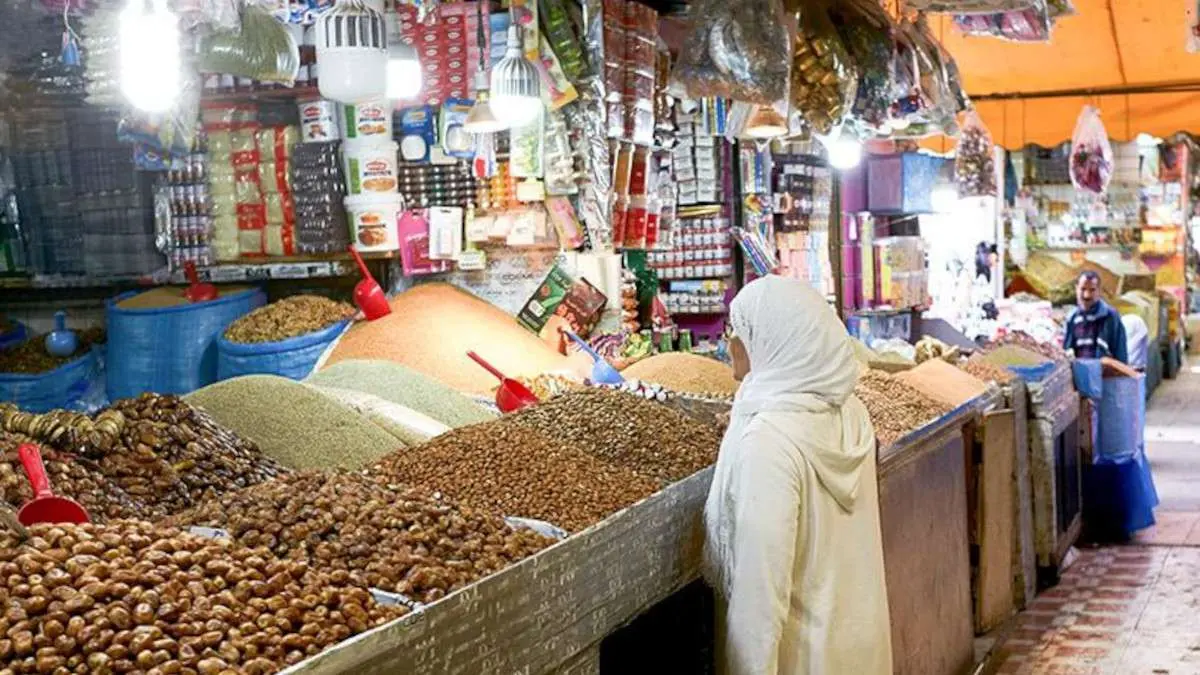The future of agriculture in Morocco: productive alliances as a sustainable business model

Morocco's Minister of Agriculture, Maritime Fisheries, Rural Development and Water and Forestry, Mohamed Sadiki, led the signing ceremony of four framework partnership agreements at the country's International Agricultural Fair. These agreements launched the Productive Partnerships project between MAPMDREF's Agricultural Development Agency and four business partners. The project seeks to foster fair and sustainable collaboration between the different actors in the agricultural sector, to improve the competitiveness and quality of products, through the implementation of agricultural practices and training in relevant skills. The initiative reflects the Moroccan government's commitment to promote the sustainable development of the agricultural sector and to ensure an equitable distribution of the benefits obtained.
The signing of these agreements reflects the strong determination of the Moroccan Ministry of Agriculture to promote a new generation of agricultural organisations through the enrichment of farmers' organisational models, covering both economic and social aspects. Since the implementation of the "Green Generation 2020-2030" strategy, the Department of Agriculture has been actively working on the development of agricultural aggregation and the regrouping of small producers to facilitate their access to the market, thus seeking to multiply the means to achieve the objectives set out in the strategy, particularly in terms of improving the competitiveness of the agricultural sector and promoting sustainable agricultural practices.

King Mohammed VI of Morocco has on several occasions expressed his commitment to the development of the agricultural sector in the Kingdom and his desire to improve the lives of farmers and rural communities in the country. The King is likely to have shown his support and endorsement of the Productive Partnerships launched at the 15th edition of SIAM as an important initiative to improve the productivity and efficiency of agriculture in the country and to foster sustainable development in the agricultural sector. He also stressed the importance of working in collaboration with different stakeholders, including the Agricultural Development Agency, cooperatives and other business partners, to boost the growth and competitiveness of the Moroccan agricultural sector.
The Agricultural Development Agency, in collaboration with the Ministry of Agriculture and the Regional Directorates of Agriculture, has launched a pilot project on productive partnerships funded by the World Bank, with the aim of strengthening agri-food value chains. The project consists of 10 productive alliances formed by 16 cooperatives, which include 728 producers, including 296 women. These producers are involved in different sectors, such as horticulture, arboriculture (apple and walnut), organic crops, pulses, cumin, argan, honey and milk (cheese). The project aims to improve the competitiveness and quality of products, through fair and sustainable agreements between producers and cooperatives, and through training in sustainable farming techniques, food processing and preservation, among other skills.

Sadiki led the signing of two agreements in the field of digital agriculture. The first agreement, signed with the Moroccan Interprofessional Sugar Federation (FIMASUCRE), seeks to establish the terms and conditions of collaboration in the fields of digital agriculture and agriculture 4.0. The second agreement, signed with SOWIT Morocco, aims to develop a partnership for the use of digital technologies in precision agriculture. These agreements aim to improve efficiency and sustainability in agriculture, through the use of digital technologies and collaboration between different actors in the sector.








